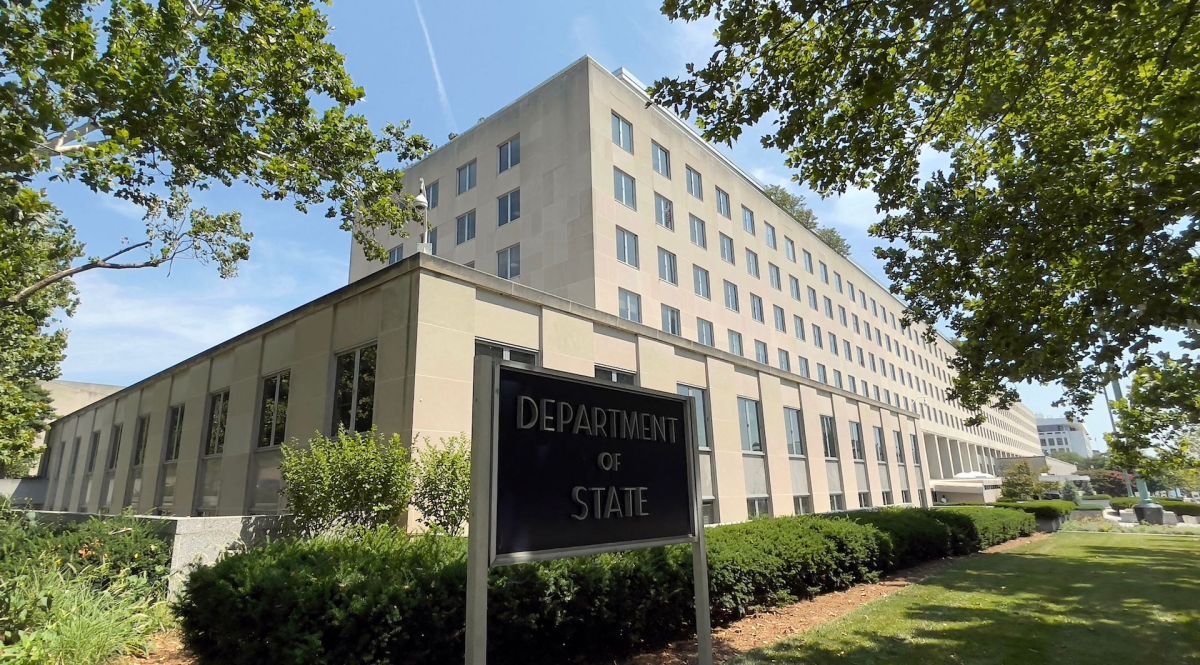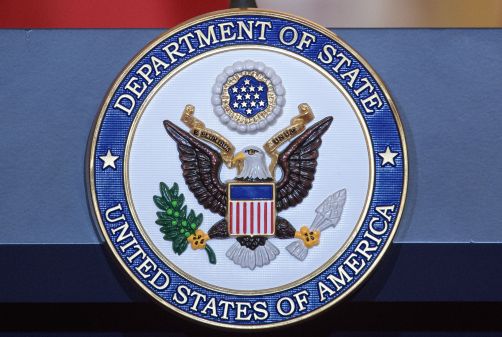State Department spent $55.7M of COVID-19 relief funding on IT capacity expansion

The State Department spent $55.7 million of COVID-19 relief funding provided by Congress on expanding its IT capacity, according to the Government Accountability Office.
In a report published Tuesday, the watchdog said that as of Oct. 1, 2021, the department had spent the sum out of a total of $63.2 million allocated by lawmakers for operational adjustments needed as a result of the pandemic.
The department’s Bureau of Information used the money to carry out changes needed for maximum telework, which included the purchase of additional licenses and infrastructure for staff to remotely access State’s network, Global OpenNet.
According to GAO, State also spent a further $9 million across its bureaus on equipment, bandwidth and other supplies to support teleworking.
The funds were allocated to the department’s technology departments as part of a total of $784 million that State received from Congress in pandemic response relief funding.
In 2020, two COVID-19 relief laws appropriated about $580 million for State’s Diplomatic Programs account. This was followed by another coronavirus relief law in 2021 that appropriated an extra $204 million.
State moved to a maximum telework posture on March 16, 2020, and according to officials, found that providing specially configured laptops with access to the Global OpenNet network was the most effective way to enable staff to work from home.
Speaking at an AFCEA Bethesda tech summit in October 2020, then-State Chief Information Officer Stuart McGuigan said the department had spent months prior to the pandemic ensuring its entire staff had cloud access, but that adding access to other applications was another process entirely.
“We had this existential demand that the longer we took to provide access to these applications, the longer people were unable to work at all,” he said at the time.




